Becoming Joslyn
Transitioning to her true identity
Junior Joslyn Torres expresses her femininity while sharing a photo of herself before her transition.
He sits in his garden, individually picking daisies from the damp soil, creating a crown of flowers in his ruffled hair. To him, flowers mean feminine and feminine feels right. Content and distracted, he fails to notice his grandmother coming up behind him, forcing him to take the flowers out. One by one she plucks the daisies and stomps them into the dirt.
“Boys don’t do that. Bad boy!”
He looks down at the beautiful mess; his petals, femininity and happiness gone.
Junior Josyln Torres always knew she was born in the wrong body, with male genitalia but with the mindset of a girl. When she was 9 years old, Torres had watched a documentary about transitioning from one gender to the other. She came to the realization that she was transgender and finally felt that being trans matched with how she felt.
Growing up in an extremely religious family, Torres was scared of coming out because of the rejection she could have faced. Until she was 13, Torres had been private about her transition; she officially came out when she was in the seventh grade at DeLay Middle School (DMS).
“Ever since I was young, I always felt that I was very different and my family did too,” Torres said. “They just kind of pushed it over and they were like, ‘you’re just growing up’ but in the end, it [turned] out that I was different. I’m very happy that I found out that I was different at a good time in my life.”
Although Torres was ecstatic to have finally found her true self, she lost several close friendships and even relationships with her family. Day after day she’d be tormented at school and at home for being different which led to her falling into a deep depression.
“[Being different in DMS] didn’t work out so people would bully me a lot,” Torres said. “A lot of the people who went to DeLay don’t bully me anymore because they’ve grown up and they’ve matured. I think the problem between people and losing those close relationships was that people weren’t mature enough and I’m very happy that I came out at that time and not now because it gave them time to think and change their own course of action.”
Throughout it all, junior Lillian Chambliss, who is also an ally of the LGBTQ+ community, has remained faithful and supportive of her friend for over five years; Chambliss has been there for Torres since before her transition. Regardless of all the harsh words thrown Torres’ way, Chambliss always finds a way to provide moral support and comfort.
“In middle school after I came out, I went into deep depression because of people, they would always [call me] slurs and [Lillian] always heard [the slurs],” Torres said. “Eventually I ran away crying and she came running [to look] for me and she hugged me. I was crying and we just stayed there.”
Although Torres handles negativity well according to Chambliss, it still upsets her knowing that Torres has to deal with all the backlash. Chambliss tries her best to comfort Torres in any way she can.
“It angers me,” Chambliss said. “Why would they do that to her? I don’t really like call them out right then and there because I’m always scared of being [physically] hurt as well but I do talk about it with [Joslyn] and let her know I’m supportive of her. After it happens, I talk to her about it if it’s bothering her and if she’s emotionally distressed about whatever happened then I just comfort her. Everyone should be treated equally, especially Josyln and people like Josyln.”
Apart from losing friendships, Torres also received negative reactions from close family members. Before coming out to her mother, Torres was scared she would not be accepted but it was her mother, Teresa Alpizar, that has been the most supportive of her transition.
“My mom knew about it and she knew how I felt,” Torres said. “She would always be there for me and [would] ask me how my day was and whenever [a bullying incident happened] she would go to the school immediately and talk to the principal.”
Alpizar made sure Torres knew it was going to be a difficult transition, but that she’d love her regardless of her choice and help her in any way she could, including with all the negative reactions made by family members.
In the end, all that truly matters is who we are.
— junior Joslyn Torres
“At first [there were negative reactions],” Alpizar said. “But everybody knows that she’s my daughter and we laugh a lot with her, we love her. I think she is a strong girl for having decided to talk about her true self; she’s very brave and dedicated despite what society has to say. I just want her to remember that I love her very much and that I’ll always be there with her and I’ll defend her with a cape and sword from anyone that wants to hurt her.”
Transgender or not, Aplizar’s love for Torres knows no limit. Accepting Torres wasn’t hard but it was frustrating whenever Torres would feel depressed, according to Alpizar.
“Our kids are the best things we have in this world,” Alpizar said. “Regardless of how they choose to identify, they’re our kids and we should love them and not judge them. Sometimes it’s hard to see uneducated people make fun of them but all we have to do is hug our kids and [say] everything will be OK.”
Though the future is uncertain, Torres would like to receive feminizing hormone therapy, which is a hormone therapy replacing the secondary sexual characteristics from masculine to feminine, by the time she turns 20. She is also working on legally changing her name from Jose to Josyln. Although society is evolving with more resources available for trans people, Torres feels humanity should become more open minded.
“No one deserves to be discriminated against anything honestly,” Torres said. “I think having one-on-one [counseling] helps trans people and telling them that everything will be OK and being supportive will help a lot with decreasing the suicide rate for trans people. Being more aware of everything and being less discriminative will stop a lot of the murdering of trans people. I think that respect is for everyone and respect speaks for itself. In the end, all that truly matters is who we are.”




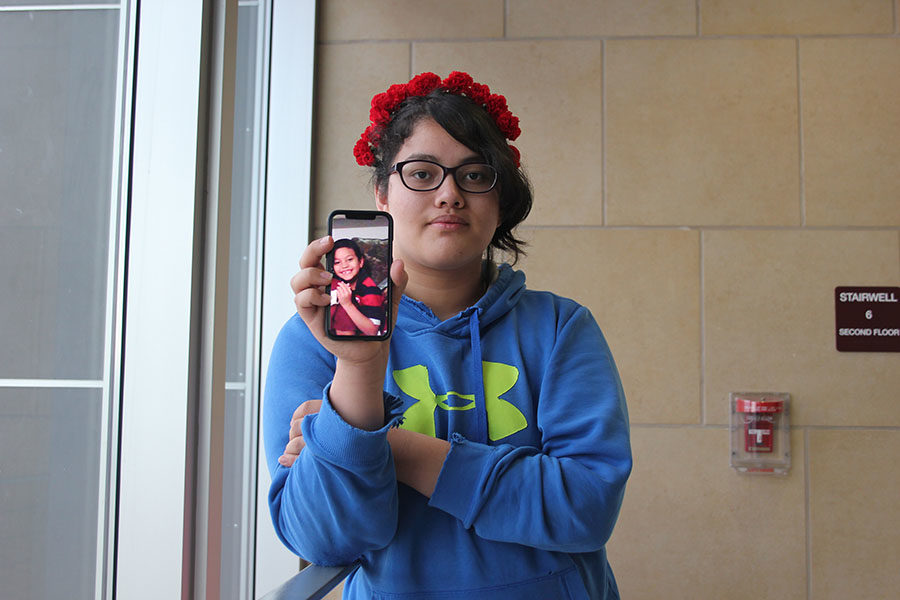

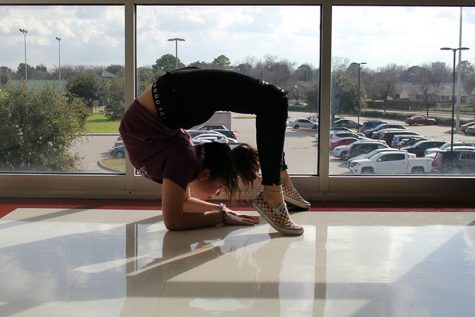
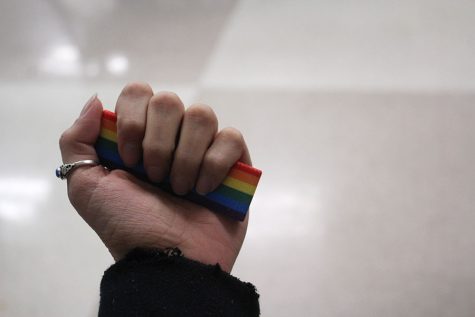
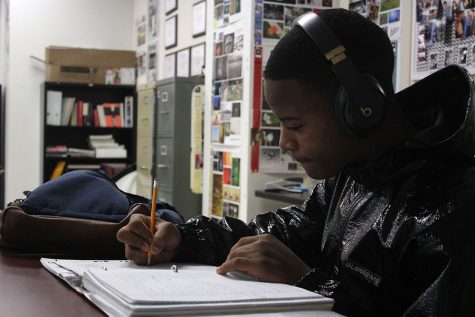
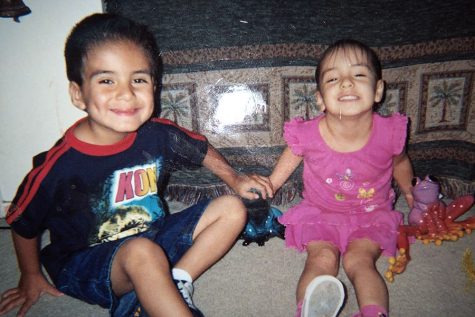
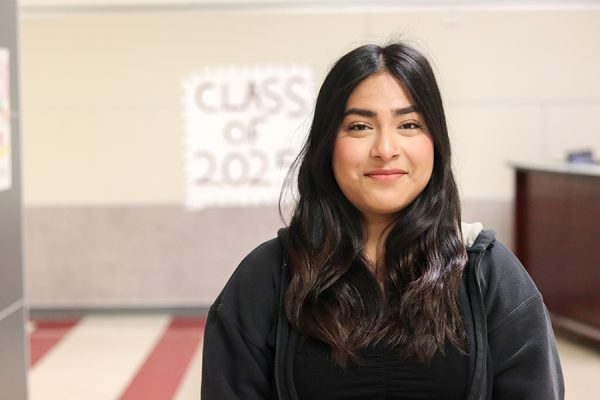

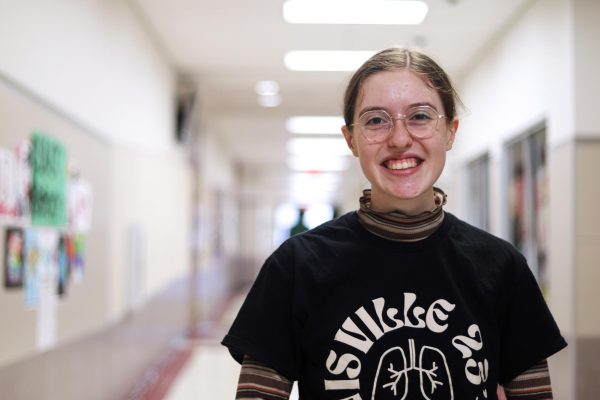


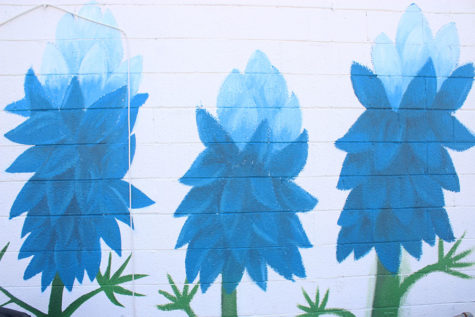
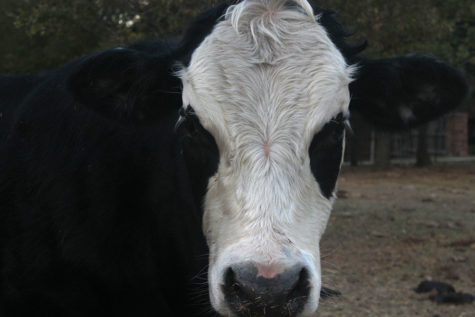
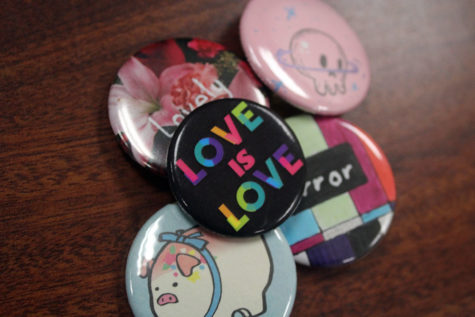
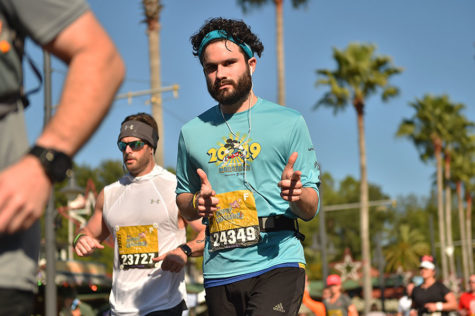
Joslyn Torres • Dec 20, 2018 at 11:18 AM
I have had many people ask why I decided to speak out and technically out myself to the entire school.
And the truth is I didnt actually do this for myself I did it for all the people out there that might be reading this story thinking about what being trans is truly like.
For all the people out there going through hardship no matter what it might be, that we are all strong.
In the end, all that truly matters is who we are
Much love to everyone and have a safe wonderful winter break.???❤❤❤❤
Beth • Dec 19, 2018 at 8:39 PM
What a strong young woman you are. Prayers for life to be the best possible for you. Let’s teach people to quit being so judgmental especially when they have no idea of what they are talking about. Stay strong!
Toni Avila • Dec 19, 2018 at 2:33 PM
It was very brave of Joslyn to come out as transgender to the world at such an early age. Middle school can be a very negative environment due to the sheer immaturity of prepubescent and developing teens. The way this story is written helps to beautifully captivate the struggle and anguish Joslyn felt, while also highlighting her small support system.
Angie Arredondo • Dec 19, 2018 at 10:57 AM
I believe Joslyn will become one of the most influential trans people that will motivate others to not be scare of who they are. At the end of the day, what matters the most is our happiness!